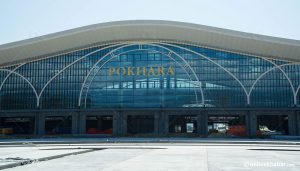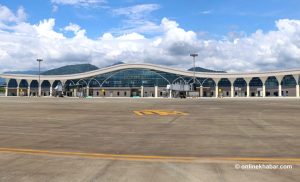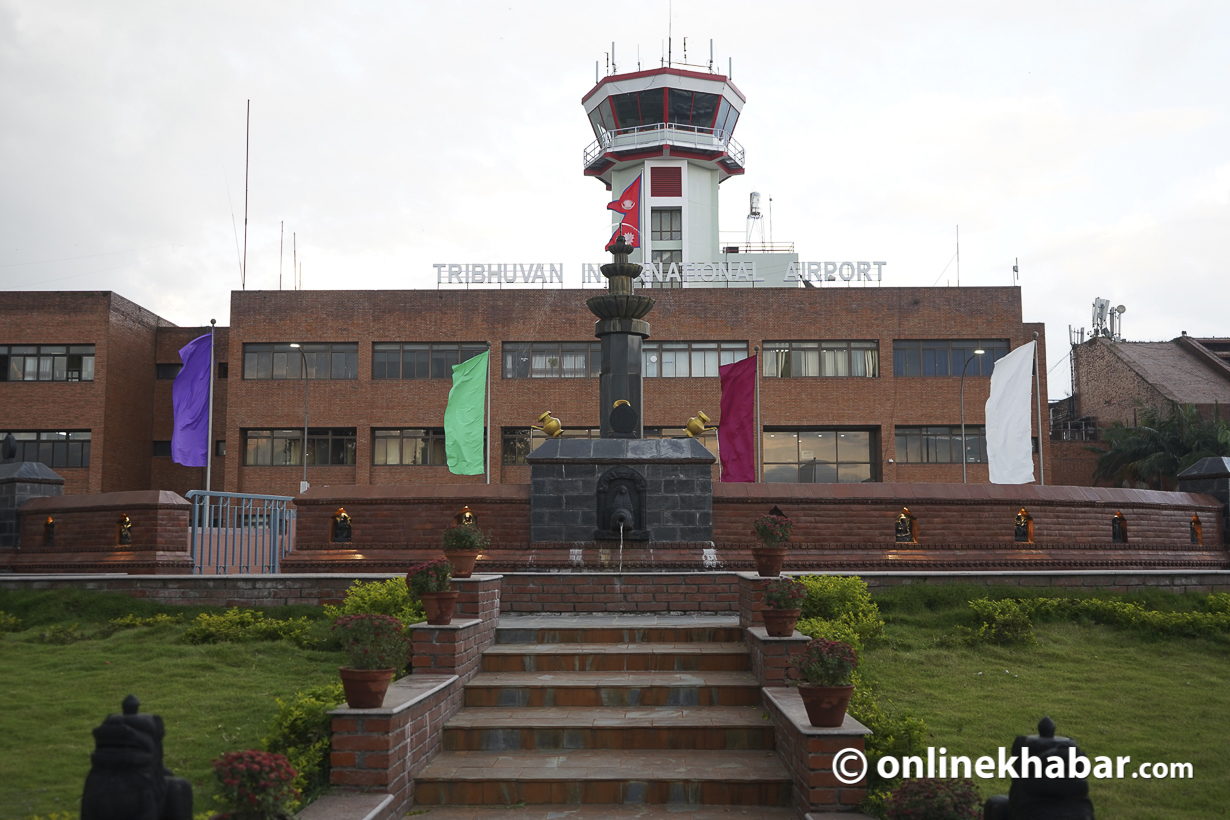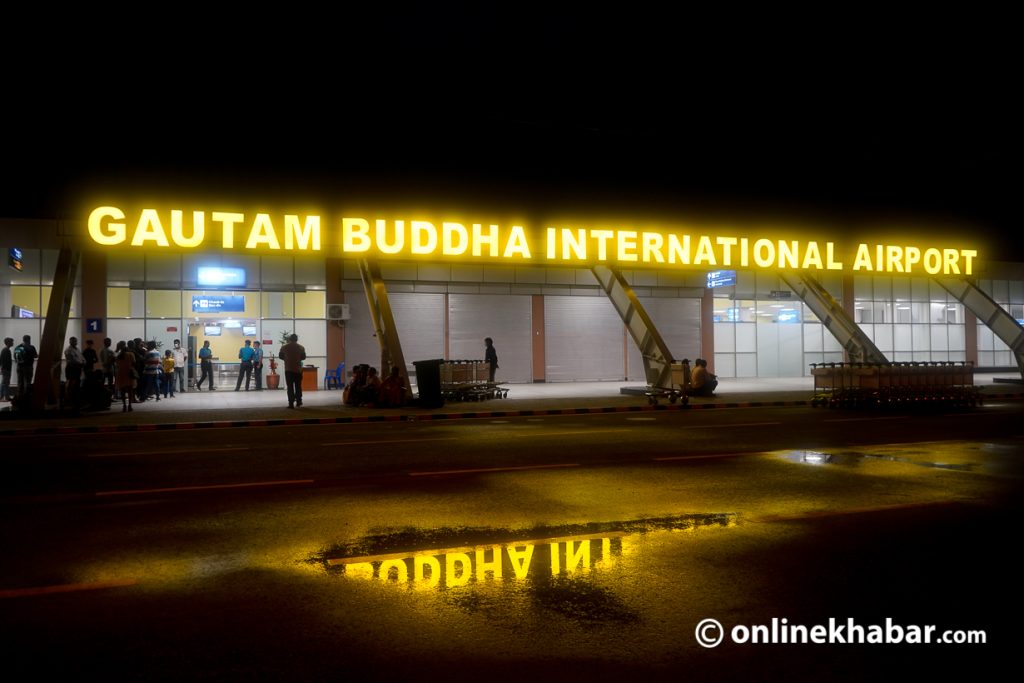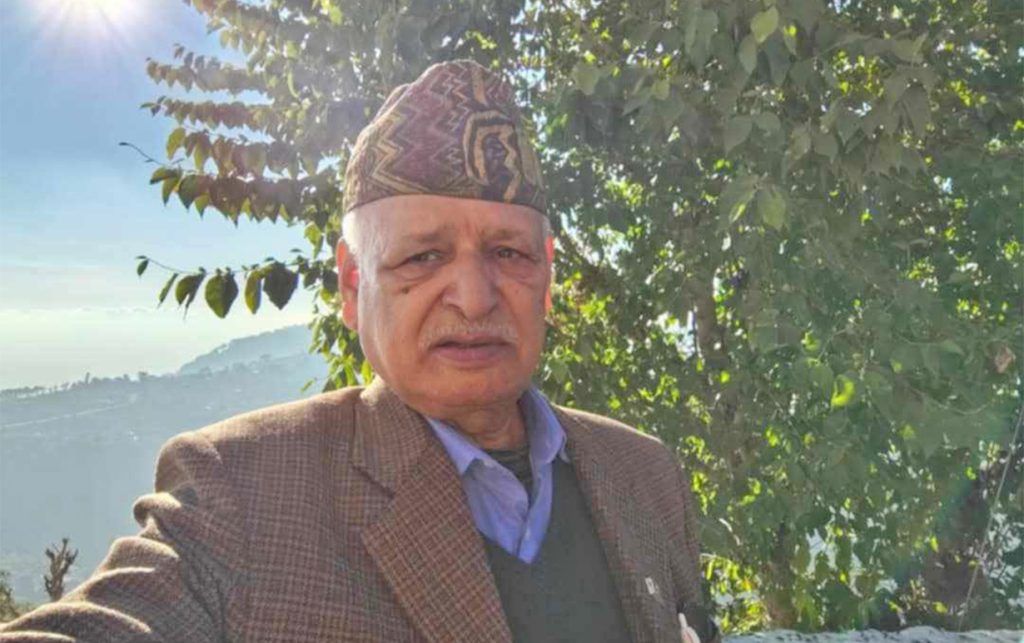
Pokhara, August 11
The government has decided that the newly constructed airport in Pokhara, Nepal’s tourism capital, will begin its operation on January 1, 2023, as the third international airport in Nepal.
Even though there are less than five months for the launch, a lot needs to be done to ensure the Pokhara Regional International Airport runs smoothly.
The first issue Pokhara Regional International Airport operators face is the landfill site that is close to it. Pokhara metropolitan city was asked to relocate the landfill site over four years ago, but the city has done nothing.
“They decided to start the airport in haste. I don’t think it’s possible,” says Gandaki Provincial Tourism Minister Mani Bhadra Sharma.
Another issue the airport faces is the hill to the east as it l needs to be razed. There has been no effort made to start razing the hill even though there are only five months remaining for Pokhara Regional International Airport to start its operation.
The airport operators also need to build a fuel depot along with managing the sewage pipeline that passes through the airport. Building for security personnel has not been built either. The government says it will sort these out before January 1, 2023.
But, is it so?
What about the birds?
Due to the landfill, the area also has a lot of birds. Even though the Pokhara metropolitan government
“It will take one year for the birds to disappear,” says Man Shanta Ghimire, the president of Pokhara Bird Society. “It’s a major area for birds like vultures and eagles. They have set up nets there and it will take a long time for them to leave.”
Minister for Culture, Tourism and Civil Aviation, Jeevan Ram Shrestha says they will use technology that has been used abroad if need be to remove the birds in the area.
This will be a major challenge as there are around 162 species of birds near the airport. Bird conservation activist Hemanta Dhakal says out of those, five species are endangered.
“We need to be sensitive to this issue as we haven’t relocated a bird’s nest in Nepal. Since these are endangered, we have to be extra careful,” says Dhakal, adding it will take more than a year to relocate birds.






